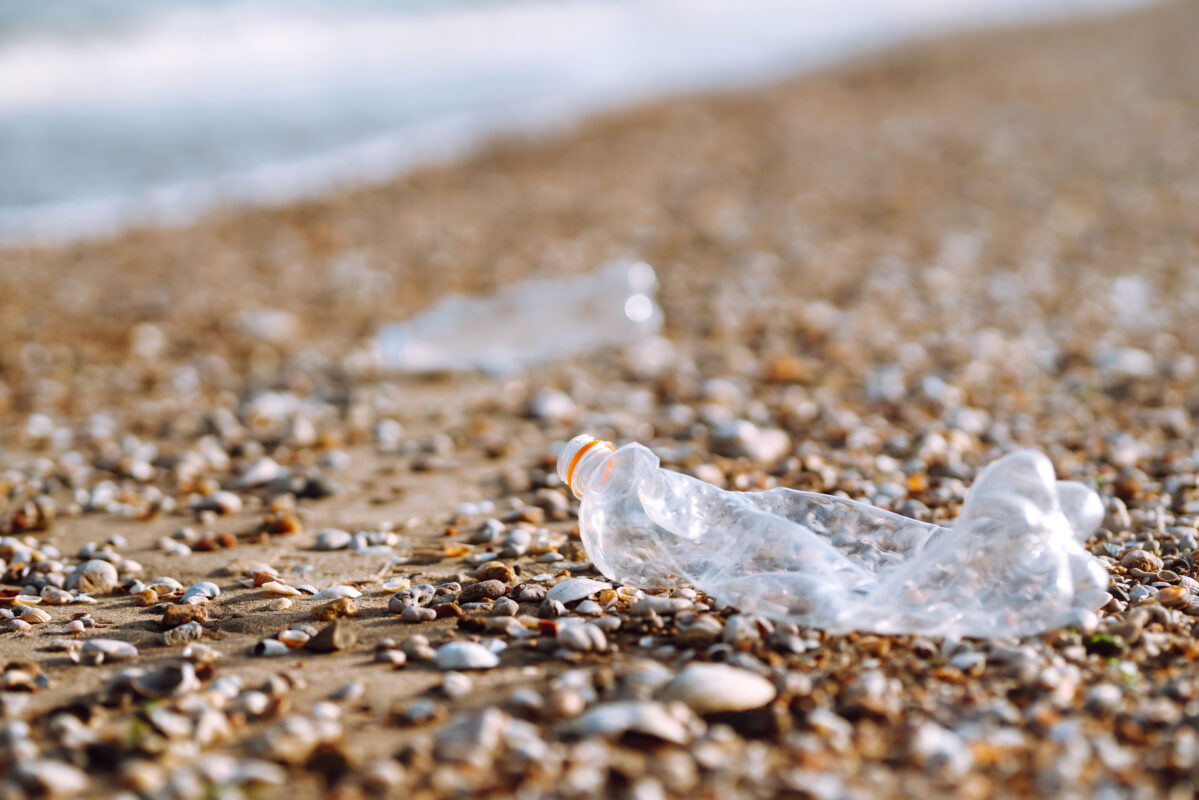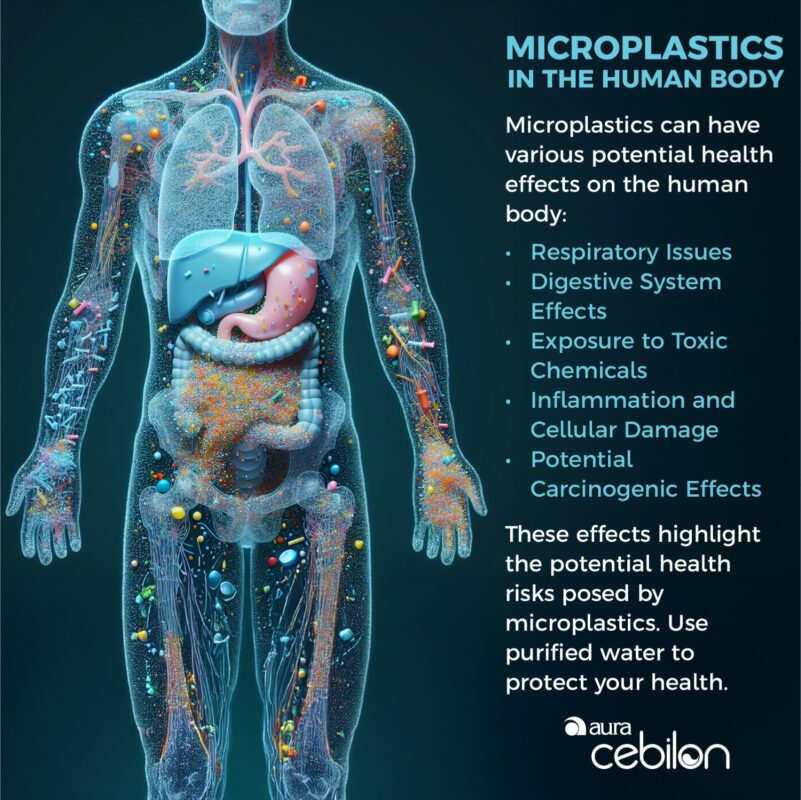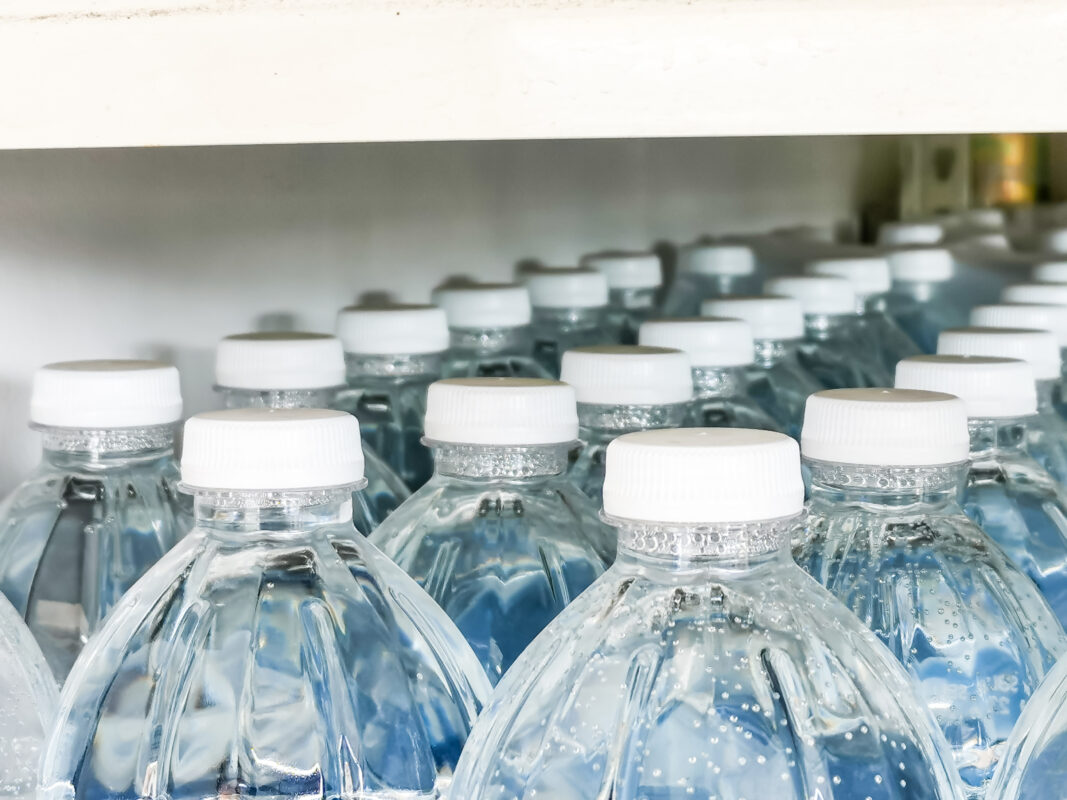Reverse Osmosis vs Bottled Reverse Osmosis vs Bottled Water: Which Is the Better Choice?
n the search for pure, safe drinking water, many people find themselves choosing between bottled water and home water filtration systems, such as reverse osmosis (RO). While both options offer cleaner water compared to unfiltered tap water, they differ greatly in terms of cost, convenience, environmental impact, and long-term benefits. Let’s explore how reverse osmosis compares to bottled water and why it might be the smarter choice for both your health and the planet.
1. Water Quality and Safety
Bottled water often gives the impression of being cleaner and safer. However, this isn’t always the case. In fact, many bottled waters are simply filtered tap water, and standards for bottled water quality can vary depending on the brand and region. Additionally, plastic bottles may release harmful chemicals, such as BPA (bisphenol-A), particularly when exposed to heat.
On the other hand, reverse osmosis systems are highly effective at removing a wide range of contaminants from tap water, including heavy metals (like lead and mercury), chlorine, pesticides, nitrates, and even certain bacteria and viruses. RO filtration provides consistent, reliable water purity directly from your tap, offering greater control and peace of mind.
2. Cost-Effectiveness
At first glance, bottled water seems affordable, especially when bought in small quantities. However, over time, the costs add up significantly. For households that regularly purchase bottled water, this can amount to hundreds, if not thousands, of pounds annually.
A reverse osmosis system requires an upfront investment and occasional maintenance (such as filter replacement), but the ongoing cost of producing filtered water at home is minimal compared to the continuous expense of buying bottled water. Over the long term, an RO system proves to be a much more economical solution.
3. Convenience and Accessibility
While bottled water offers convenience on the go, relying on it at home can be impractical. It often requires frequent trips to the shop and takes up valuable storage space. There’s also the inconvenience of running out unexpectedly.
Reverse osmosis systems deliver purified water directly from your kitchen tap, providing an unlimited supply whenever you need it. There’s no need to carry heavy bottles or worry about restocking. RO systems make it easy to access clean water for drinking, cooking, and even filling reusable bottles to take with you.
4. Environmental Impact
The environmental footprint of bottled water is considerable. Producing plastic bottles consumes vast amounts of fossil fuels, and the bottling and transportation processes generate substantial carbon emissions. Moreover, despite recycling efforts, a large portion of plastic bottles end up in landfills or polluting oceans and waterways, contributing to the global plastic waste crisis.
Reverse osmosis systems are a far more sustainable alternative. By switching to an RO system, you can drastically reduce your reliance on single-use plastics and decrease your household’s contribution to pollution and carbon emissions. Many modern systems are also designed with water efficiency in mind, making them an eco-friendly option.

5. Health Considerations
Aside from concerns about chemical leaching from plastic bottles, bottled water is often stored for extended periods, which may affect its taste and quality. In contrast, water from an RO system is freshly filtered, ensuring better taste and optimal quality. You also have full control over maintenance, ensuring your water stays as pure as possible.

Conclusion
While bottled water may offer a short-term solution for clean drinking water, reverse osmosis filtration provides a long-term, cost-effective, and environmentally responsible alternative. RO systems deliver high-quality, safe water right from your tap—benefiting not only your health but also the planet. If you’re seeking a more sustainable and convenient option, reverse osmosis is undoubtedly the smarter choice





Related Posts
Forever Chemicals in Drinking Water: Why Aura Filtration Matters More Than Ever
Magnesium and Better Sleep: How Aura’s Mineral Filter Supports Your Wellbeing
What Is TDS in Water? Why It Matters and How to Measure It at Home